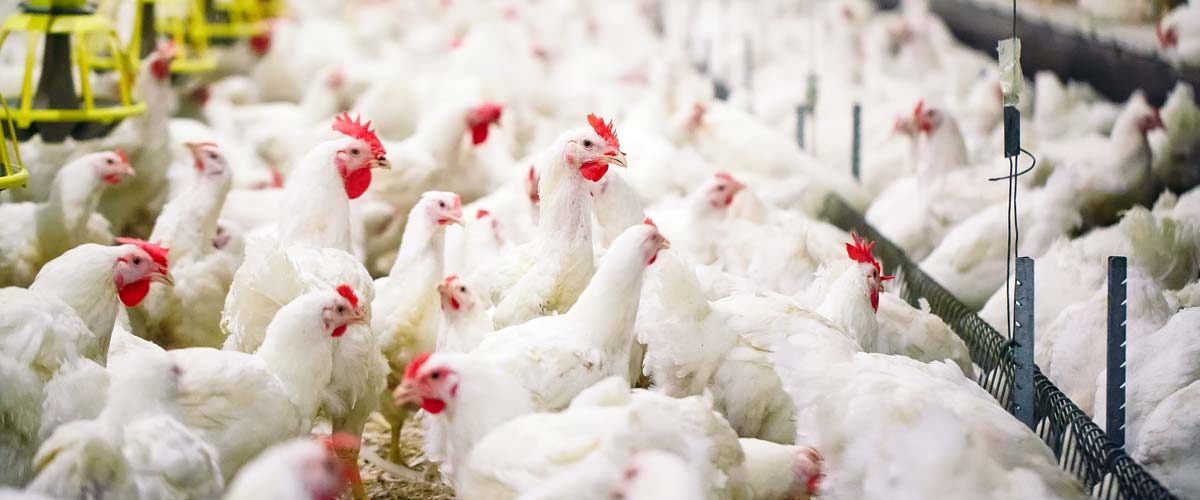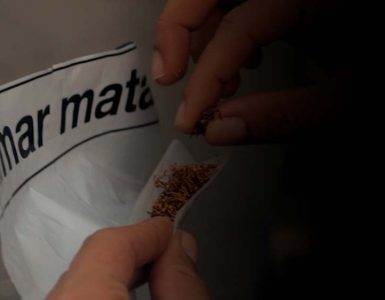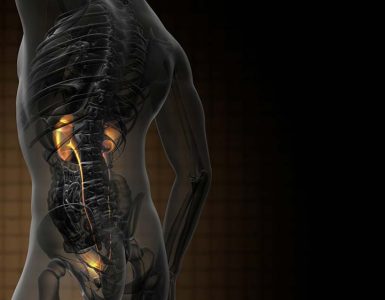The majority of feed ingredients used in poultry diets are derived from plant cereals such as soybean, corn, wheat, or barley. Anti-nutritional factors and indigestible components in plants can be a factor that can affect the quality of a formulated diet. The phytate in plant material is a nutritional obstacle for monogastric animals1. Some researchers have indicated that the supplementation of broiler feeds with phytase can alleviate the effects of anti-nutritional factors and improve bird performance2.
The use of exogenous phytase supplementation has been reported to improve the use of phytate phosphorus3. In addition to enzymes, the benefit of insoluble non-starch polysaccharides (iNSPs) in broiler diets has also been reported in many studies. Many of the benefits have been associated with improving gut health4 and gizzard function5 and increasing starch digestibility and growth performance in broilers and layers6.
In this context a new study was carried out to evaluate the effects of using exogenous enzymes (phytase and cellulase) and the addition of iNSPs (Wheat Pollard and Rice Hull) to a commercial broiler diet on the growth performance, carcass weight and gastrointestinal tract (GIT) characteristics of broilers from 0-35 days of age7.
The hypothesis for the study was that the addition of exogenous enzymes and iNSPs to commercial broiler diets could improve the nutritive values of the diets and consequently increase broiler performance. However, the degradation of nutrients in the commercial diets used was also considered as a factor that may influence the results of adding iNSPs and enzymes7.
Based on the study results, it was concluded that adding 40 g kg–1 of iNSPs and enzymes (phytase or both phytase and cellulase) to commercial broiler diets containing low concentrations of Ca (0.5%) and P (0.3-0.5%) does not affect the growth performance of broiler chickens but does affect carcass weight. The increase in carcass weight was due to the reduction in gut weight and the addition of RHs, partly due to their physical structure, contributed more than to this than phytase supplementation. Cellulase supplementation did not enhance phytase efficacy.

Keywords:
Phytase, cellulase, broiler chickens, growth performance, carcass weight, phytase efficacy, Cellulase supplementation, physical structure, exogenous enzymes, insoluble non-starch polysaccharides, gut health and gizzard function.
References:
- Cabahug, S., V. Ravindran, P.H. Selle and W.L. Bryden, 1999. Response of broiler chickens to microbial phytase supplementation as influenced by dietary phytic acid and non-phytate phosphorus contents. I. Effects on bird performance and toe ash. Br. Poult. Sci., 40: 660-666.
- Shirley, R.B. and H.M. Edwards Jr., 2003. Graded levels of phytase past industry standards improves broiler performance. Poult. Sci., 82: 671-680.
- Israel, D.W., P. Kwanyuen and J.W. Burton, 2006. Genetic variability for phytic acid phosphorus and inorganic phosphorus in seeds of soybeans in maturity groups V, VI and VII. Crop Sci., 46: 67-71.
- Bao, Y.M. and M. Choct, 2010. Dietary NSP nutrition and intestinal immune system for broiler chickens. World’s Poult. Sci. J., 66: 511-517.
- Svihus, B., 2011. The gizzard: Function, influence of diet structure and effects on nutrient availability. World’s Poult. Sci. J., 67: 207-224.
- Hetland, H., M. Choct and B. Svihus, 2004. Role of insoluble non-starch polysaccharides in poultry nutrition. World’s Poult. Sci. J., 60: 415-422.
- S. Hartini and P. Purwaningsih, 2017. Effects of Adding Insoluble Non-starch Polysaccharides and Exogenous Enzymes to a Commercial Broiler Diet on the Growth Performance and Carcass Weight of Broiler Chickens. Pak. J. Nutr., 16: 227-235.
















Add comment